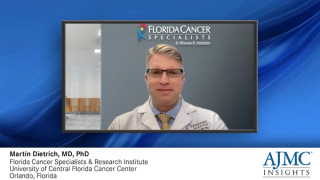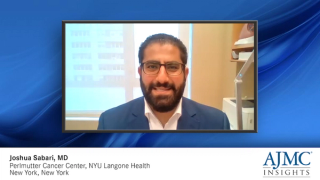
Small Cell Lung Cancer
Latest News
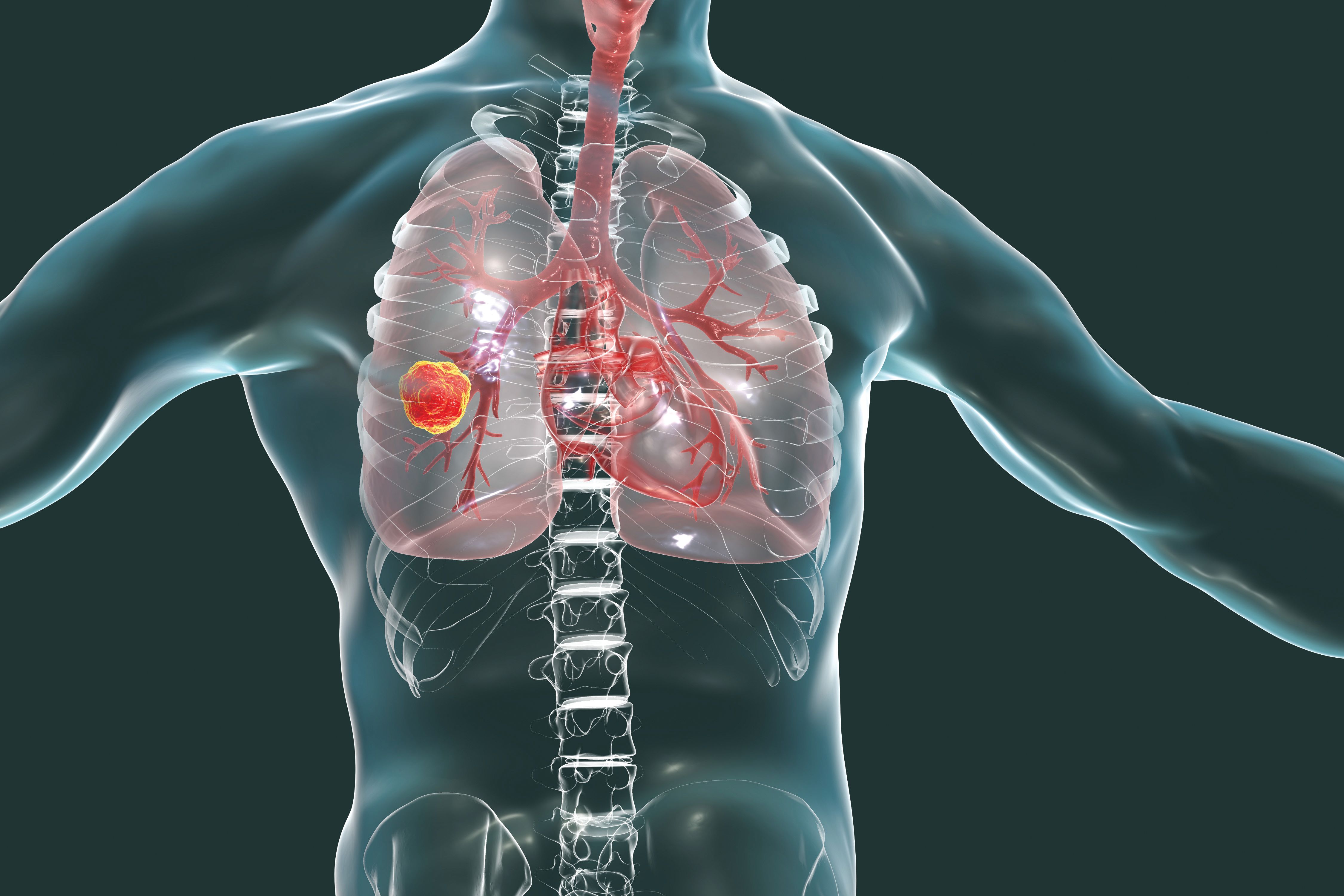

Estimated Lung Cancer Screening Rates "Extremely Low" Across Insurance Types

Sublobar Resection Produces Similar Outcomes to Lobectomy in Early NSCLC
Latest Videos

CME Content
More News

A review based on an expert panel discussion highlights a need for the inclusion of older patients in studies of immune checkpoint inhibitors for the first-line treatment of advanced non–small cell lung cancer (NSCLC).

A recent study suggests that sleeve lobectomy is safe to perform in patients with non–small cell lung cancer who received neoadjuvant therapy.

The survival benefits of immune checkpoint inhibitors varied in young patients versus older patients with advanced non–small-cell lung cancer, a recent study found.

Different methods of DNA collection and needle sizes led to varied next-generation sequencing success rates among patients with lung cancer in a recent study.

Racial, Ethnic, Socioeconomic Disparities Identified Among Patients With Cachexia at NSCLC Diagnosis
A recent study identified disparities in cachexia incidence among patients with stage IV non–small cell lung cancer (NSCLC) across different racial, ethnic, and socioeconomic groups.

The FDA approved the VENTANA PD-L1 assay for expanded use in patients with advanced non–small-cell lung cancer to help identify patients who may be candidates for treatment with cemiplimab.

Adherence to annual lung cancer screening was only 22.3% among more than 1 million patients who underwent baseline screening between 2015 and 2019, a study published in the journal CHEST found.

The European Medicines Agency’s Committee for Medicinal Products for Human Use has recommended the approval of cemiplimab-rwlc in combination with platinum-based chemotherapy as frontline treatment for adult patients with advanced non–small-cell lung cancer with PD-L1 expression of 1% or higher.

Positive expression levels of the biomarker were more common in adenocarcinoma than in squamous cell carcinoma, among patients who had non–small cell lung cancer (NSCLC).

The authors identified 2 subgroups with non–small cell lung cancer (NSCLC) who had different responses to common cancer therapies.

The authors say newer treatment options for small cell lung cancer (SCLC) may lead to improvement in this area of high unmet need.

Overall survival and recurrence-free survival showed substantial improvement when physicians more closely followed quality recommendations for non–small cell lung cancer (NSCLC).
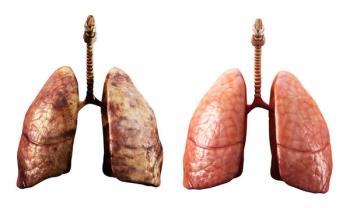
Artificial intelligence (AI) improved detection of actionable lung nodules without leading to higher rates of false positives, the study found.
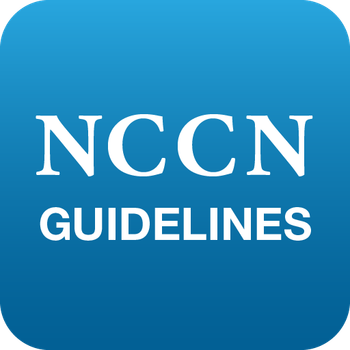
The latest updates in non–small cell lung cancer (NSCLC) cover recommendations for diagnostics, staging, when to use biomarker testing, sequencing of therapeutic options, and the addition of new treatments.

The real-world oncology data and analytics company COTA has joined the Clinical Research Data Sharing Alliance, a nonprofit consortium that aims to accelerate progress in cancer therapy development.
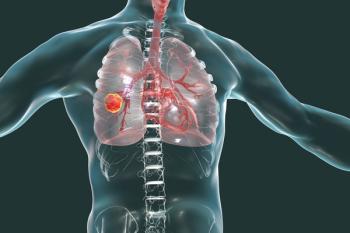
A new study estimates that prescription of standard-of-care non–small-cell lung cancer (NSCLC) therapies is lower than expected in Medicaid programs, with significant variation between states.

Timothy Murphy, MD, FACP, practice president of Rocky Mountain Cancer Centers, spoke with The American Journal of Managed Care® about the effect of the COVID-19 pandemic on screening for lung cancer.

This new study has found different labs followed similar practices, but the way they scored patients varied significantly.

Timothy Murphy, MD, FACP, current practice president at Rocky Mountain Cancer Centers, spoke with The American Journal of Managed Care® about the current state of lung cancer screenings.
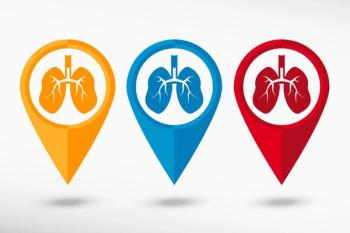
This experimental research suggests the expression levels of certain genes might help explain why people with lung cancer often have more severe cases of COVID-19.

Patients who had non–small cell lung cancer (NSCLC) with homologous recombination gene mutations had better outcomes, although no single gene in the pathway appeared to have a causal role.

The new report found no evidence that second-generation tyrosine kinase inhibitors (TKIs) were more likely to lead to Clostridioides difficile infection (CDI) in patients with lung cancer.

The development of 2 panels measuring levels of tumor-associated autoantibodies (TAAbs) has promise for predicting therapeutic response and adverse events for patients with advanced non–small cell lung cancer (NSCLC) after immune checkpoint inhibitor–based treatment.

This study investigated the effects of antimicrobial therapy among patients with non–small cell lung cancer (NSCLC) who received immunotherapy with a checkpoint inhibitor or chemotherapy plus immunotherapy (CIT).
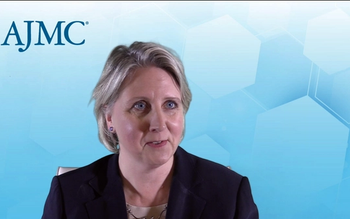
Hilary Tindle, MD, MPH, associate professor of medicine, Vanderbilt University, spoke about the use of precision medicine approaches, such as the nicotine metabolite ratio (NMR), to improve outcomes for patients with lung cancer.




